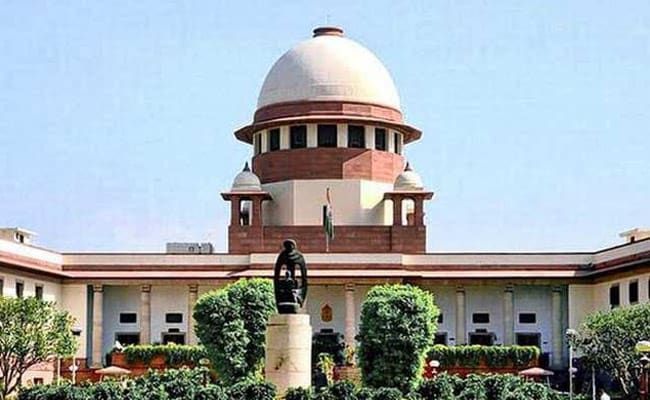Supreme Court Seeks Centre’s Response on Plea Challenging Appointment Process of CAG
The Supreme Court has requested a response from the Centre regarding a Public Interest Litigation (PIL) that challenges the procedure for appointing the Comptroller and Auditor General of India (CAG). The PIL argues that the current process is not independent, fair, and transparent, and violates the constitutional mandate.
Senior advocate Vikas Singh, representing the PIL petitioners, informed the bench, headed by Chief Justice DY Chandrachud, that the executive’s existing system of appointing the CAG lacks transparency. The bench, which also includes justices JB Pardiwala and Satish Chandra Sharma, has issued notices to the Union ministries of Law and Justice and Finance in response to the PIL filed by Anupam Kulshreshtha and others.
The plea seeks a declaration that the procedure for appointing the CAG is against the mandate of the Indian Constitution and is not independent, fair, and transparent. Article 148 of the Constitution states that the Comptroller and Auditor General of India shall be appointed by the President, but the PIL argues that the current process involves interference from the executive.
According to the plea, under the current system, the Cabinet Secretariat sends a list of shortlisted names to the Prime Minister for consideration. The Prime Minister then recommends one name to the President for approval, and upon receiving the presidential nod, the selected individual is appointed as the CAG.
The PIL also refers to the constituent assembly debates and requests that the appointment of the CAG be made in accordance with the correct interpretation of Article 148, without any interference from the executive. It further seeks the constitution of a committee to prepare a report and recommend a process for the neutral and independent appointment of the CAG.
Senior advocate Vikas Singh argued that the office of the Comptroller and Auditor General is expected to be independent of any interference from the executive and the legislature, as the CAG’s duty is to oversee government expenses and ensure they are authorized by the Parliament.
The PIL highlights a legal vacuum in the appointment process of the CAG, as the Constitution does not provide a specific procedure. This vacuum allows for the adoption of an arbitrary process that goes against the constitutional mandate, according to the plea.
The PIL also requests directions similar to those issued by the Supreme Court regarding the appointment of the Chief Election Commissioner and other Election Commissioners.
The Supreme Court is now awaiting a response.
The recent plea challenging the procedure to appoint the Comptroller and Auditor General (CAG), who serves as the government’s auditor, has prompted a response from the centre. The petition questions the transparency and fairness of the current selection process. The court has sought a response from the government, which is expected to provide clarifications on the appointment procedure. This development highlights the importance of ensuring a robust and unbiased process for appointing key officials responsible for auditing government functions.
Disclaimer: Only the headline and content of this report may have been reworked by Newsearay, staff; the rest of the content is auto-generated from a syndicated feed. The Article was originally published on Source link



